Mechanical clock restoration
Safeguard your architectural heritage, preserve your history.
Since 1868, Bodet Campanaire has restored around 100 mechanical clocks all over France. Often left abandoned in bell towers, our expert clock-makers can bring them back to life. For putting on display or restoring to working order, we can adapt to all your needs.
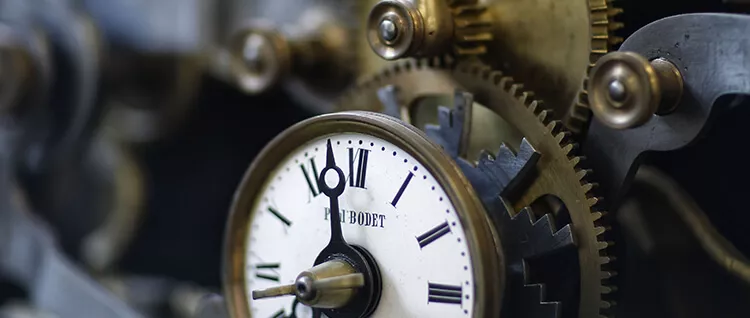
Why restore your mechanical clocks?
Following the electrification of clocks, many mechanical clocks became disused and were often left abandoned. These remarkable timepieces are true works of art. An integral part of the historical heritage of towns and villages, you can put them on display to give them value.
Survey the work to be done
Our expert clock-makers produce an in-depth report on the mechanical clock in question.
The purpose of our surveys is to give you the information you need to make a decision and prioritise any planned work. Following the survey, Bodet Campanaire advises and supports you with suitable solutions.
The report is a genuine educational tool, which our experts will explain in detail, answering all your questions.

Presentation of the site

Presentation of the mechanical clock

Detailed description

Clock Condition

Planned work
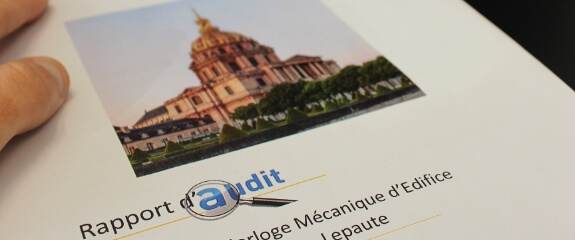
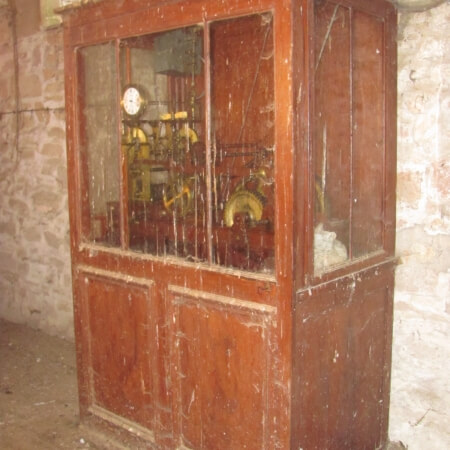
Before Restoration
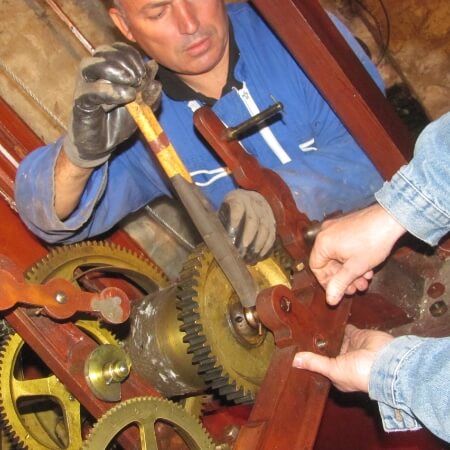
Dismantling the clock
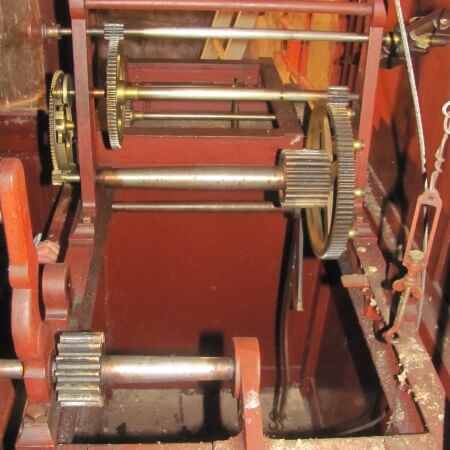
Dismantling the clock
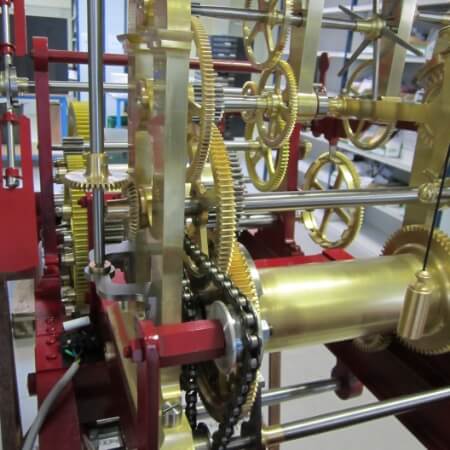
Cleaning and restoration in our workshops
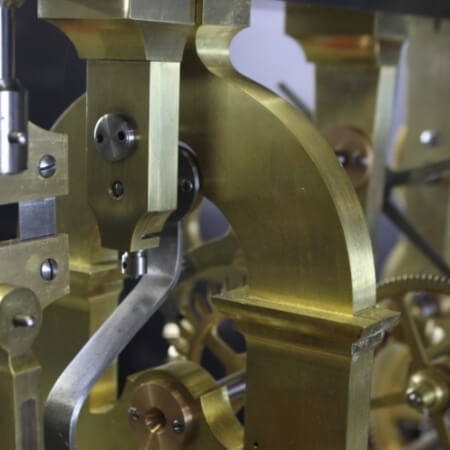
After restoration
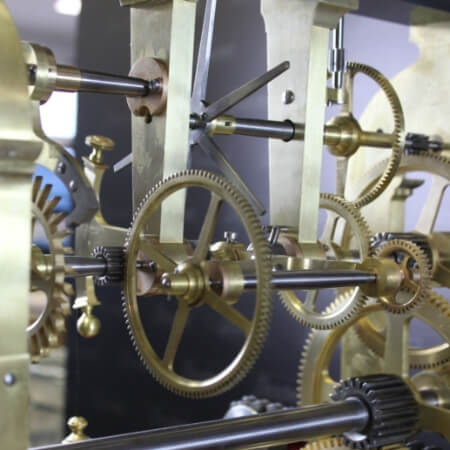
After restoration
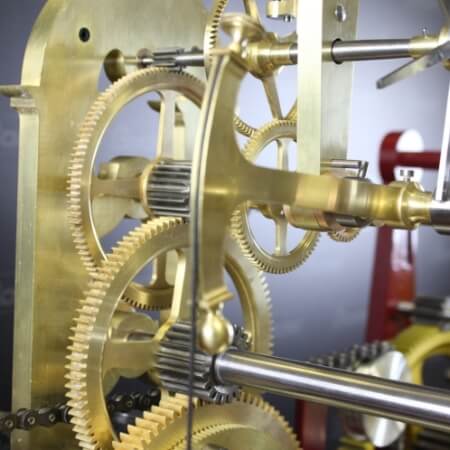
After restoration
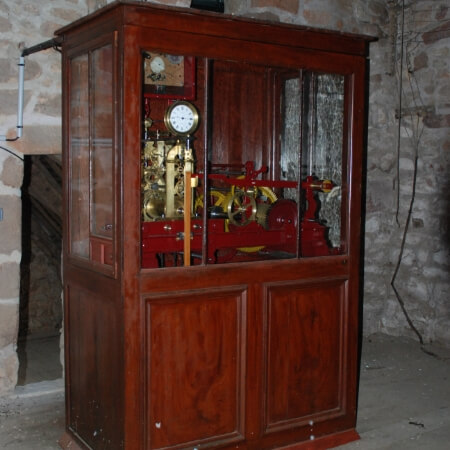
Reassembly on site
Restoration in our workshops: Made in Bodet
Our teams restore your mechanical clock in several stages*:
- Identification of the various components to be dismantled
- Complete dismantling of the clock
- If necessary, steel parts are milled, sanded and brushed
- Rust removal and Polishing of the clock
- Cleaning of the mechanical clock to make it shine again (parts immersed in various baths if necessary)
- Polishing of bronze and brass parts
- Repair of damaged parts
- Bespoke manufacture of replacement parts
- Reassembly of the clock
- Greasing and oiling of various parts
- Adjustment of the mechanical clock
- Starting and testing in the workshop
- Installation of the clock on site and operating test
*Depending on the project, other stages may be required to restore the clock
More than 150 years of experience and craftsmanship go into successfully and meticulously restoring your clock.
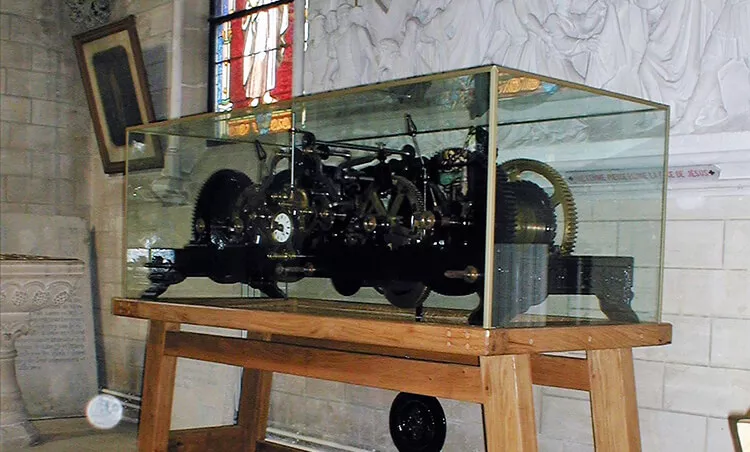
Put your mechanical clocks on display
For towns and villages, mechanical clocks are exceptional works of art. We can clean and restore them so they can be displayed in a place of your choice:

Church entrance

Town hall lobby

Tourist office

Museum
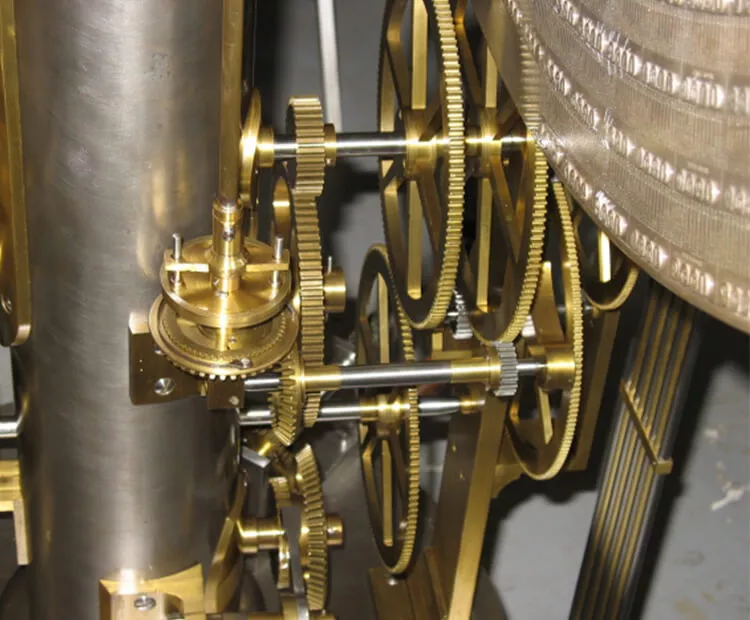
Restoration of the astronomical clock at the Conservatoire National des Arts et Métiers (National Arts and Crafts Museum). (CNAM)
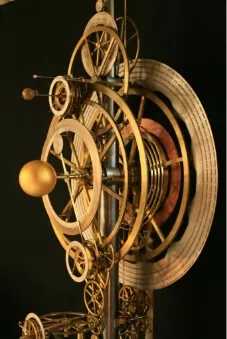
In 2007, Bodet restored one of the most prestigious clocks in France. This astronomical clock is known as the “chronologmetre”.
The clock-maker Bernard Henry Wagner began working on it in 1850, and it was completed in 1856 by Collin, which took over the Wagner company.
It was ordered and installed by the Dufayel department store, “Palais du Crédit”, and was donated to the Paris Arts and Crafts Museum in 1951.
The secular disk makes one rotation every 4,000 years and is divided from the 16th to the 56th century!



